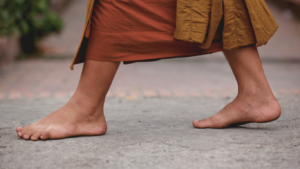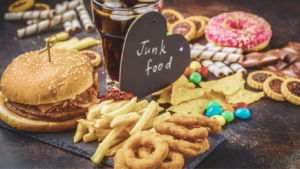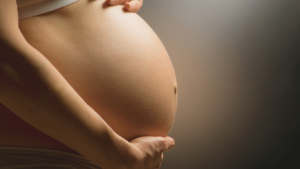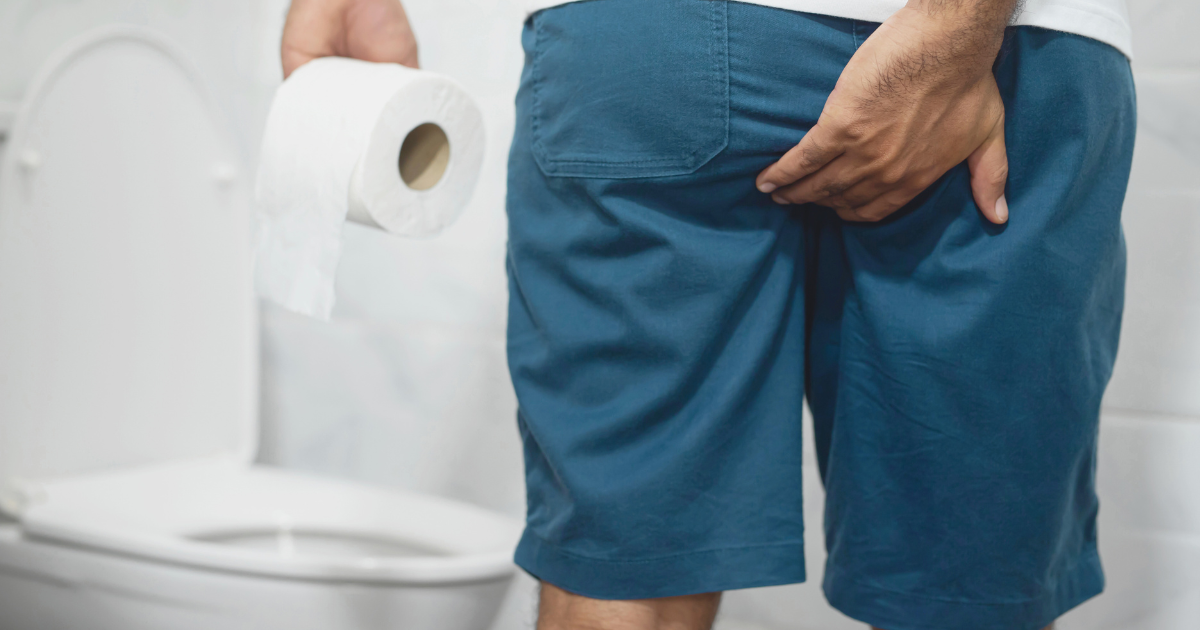
One of the first things people notice when shifting to a carnivore diet isn’t just changes in their energy or body composition, it’s changes in their bathroom habits. For some, bowel movements become less frequent. For others, there’s an initial period of constipation or looser stools before everything evens out. Either way, pooing on the carnivore diet is a topic most don’t talk about openly, but it’s one of the most common questions for newcomers.
Understanding why things change and how to manage them is an important part of long-term success with this way of eating. Let’s dive into the science of digestion and bowel movements on a carnivore, explore why pooping changes, and learn how to keep your digestive system comfortable and efficient even without fiber or plants.
Why Poo Changes When You Start Carnivore
When you eat only animal foods, your digestive system handles food in a very different way compared to the standard Western diet. Meat, fat, and organs digest more efficiently than plant matter, especially when plant fibers and anti-nutrients are removed. This leads to changes in stool size, consistency, and frequency.
The average high-fiber diet produces bulky stools because much of the fiber isn’t digestible and simply passes through. In carnivores, however, nearly everything is absorbed and used by the body, leaving little waste behind. That means bowel movements are often smaller, more compact, and less frequent. This isn’t constipation, it’s efficiency.
Less Fiber Doesn’t Mean Worse Digestion
A major concern for people starting the carnivore diet is fiber. Conventional dietary guidelines insist that humans need fiber for digestion and regularity. However, science and real-world evidence from carnivore dieters suggest otherwise.
Here’s why fiber isn’t necessary in the carnivore lifestyle:
- Efficient absorption: Nearly all of the nutrients in meat, eggs, and fat are absorbed, leaving little to eliminate.
- Reduced irritation: Fiber can irritate the gut lining and worsen conditions like IBS, bloating, and diarrhea.
- Stable bowel habits: Without fiber, stools may be smaller but easier to pass.
This is why many carnivore eaters find their digestion actually improves, even with no fiber in the diet.
The Initial Adaptation Period
During the first few weeks of transitioning to a carnivore diet, your digestive system is adjusting from burning mostly carbohydrates to primarily fats. This metabolic shift can cause temporary changes in pooing habits such as:
- Constipation from dehydration or electrolyte imbalance
- Loose stools or diarrhea as the body learns to digest more fat
- More frequent bathroom trips at first, as your gut flora adapts
These symptoms are usually temporary and improve with time. Staying hydrated, keeping sodium and electrolytes balanced, and consuming enough fat can make the adaptation smoother. Most people find their digestion levels out within a few weeks.
Common Experiences with Pooping on Carnivore
Carnivore followers often report these typical bathroom changes:
- Reduced frequency: It’s normal to go every other day or even less because food is absorbed so efficiently.
- Smaller stools: Less bulk overall since there’s no indigestible plant fiber.
- Less odor: Many people report stools are less smelly than before due to the absence of fermenting plant materials.
- Easier to pass: Stools tend to be compact and pass more comfortably.
Instead of thinking about bowel movements as “less is worse,” it helps to frame them as “less is more efficient.”
When Carnivore Poo Feels Uncomfortable
Although most adaptation is normal, there are times when digestive discomfort may indicate adjustments are needed:
- Hard stools/constipation: Increase dietary fat, hydrate well, and consider electrolytes.
- Loose stools/diarrhea: Your body may be adjusting to fat intake; try balancing leaner and fattier meats.
- Bloating or digestive pain: Make sure you’re not overdoing rendered fats (like chugging butter or drinking cooking grease). Solid animal fats may digest more smoothly.
Listening to your body and adjusting your food choices usually improves these issues fairly quickly.
The Role of Fat in Helping Digestion
Fat is not just fuel in carnivores; it also has a direct impact on digestion and bowel movements. Adequate fat intake helps keep stools soft and easier to pass. Without enough fat, many experience harder stools or constipation-like symptoms.
Choosing fattier cuts of meat, ribeye, short ribs, pork belly, and brisket, can ensure you’re getting enough fat to keep digestion comfortable. If fat intake is too low, bowels can slow down, just like they might in low-fat or restrictive diets.
Hydration and Electrolytes Matter
Bowel movements in carnivores are not just about food; they’re also about hydration and electrolytes. When carbohydrates are eliminated, insulin levels stabilize, and the body excretes more water and sodium. This diuretic effect can dehydrate you, which in turn makes stools tougher.
To stay regular and comfortable:
- Drink enough water throughout the day
- Salt meals generously, since sodium is your friend on the carnivore diet
- Consider magnesium-rich supplements if stools become too firm
Hydration combined with fat intake is the best way to maintain smooth digestion.
Gut Health on Carnivore
A point of curiosity is how gut bacteria adapt to the carnivore diet. Without fiber and plant foods, the gut microbiome changes composition. While some believe this is harmful, evidence suggests the gut flora simply adapts to the available fuel sources.
Instead of thriving on plant matter and fermentable carbs, gut bacteria adjust to protein and fat metabolism. For many carnivore dieters, this leads to less bloating, reduced gas, and easier digestion overall. The gut microbiome may look different, but different doesn’t mean unhealthy.
Is Less Frequent Pooping a Problem
One of the biggest questions is whether going to the bathroom less often is unhealthy. The answer: not at all. Pooping less frequently on a carnivore diet is a normal byproduct of eating highly bioavailable, easily absorbed foods.
Unlike plant-based diets that leave a lot of excess behind, a carnivore diet is nearly waste-free. As long as stools are comfortable to pass and you don’t feel bloated or backed up, less often is perfectly fine. Regular doesn’t mean daily; it means consistent for you.
Tips for Easier Bowel Movements on Carnivore
If you struggle early on or want to optimize comfort, here are simple strategies:
- Focus on fatty cuts instead of exclusively lean meats
- Drink plenty of water and add salt to every meal
- Avoid over-consuming rendered fats if they cause digestive upset
- Be patient during the first few weeks; your body will adapt
- Experiment with bone broth or collagen for gut comfort
These small adjustments can make your carnivore digestion smooth and stress-free.
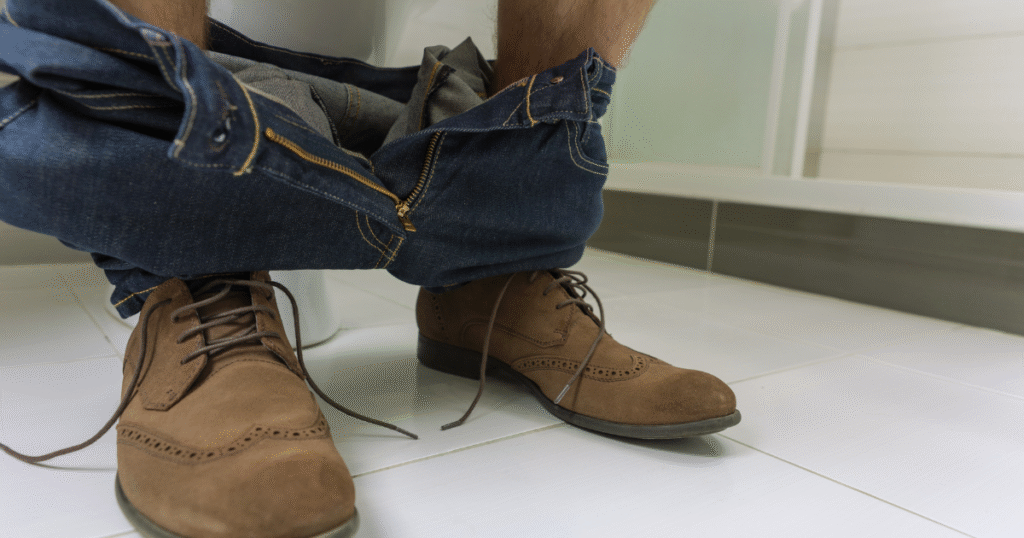
When to Seek Medical Help
While most bathroom changes on a carnivore diet are normal, it’s important to recognize when something may need professional attention. If you experience prolonged constipation, severe abdominal pain, or unexplained blood in the stool, consult a healthcare provider to rule out other issues. Most situations resolve naturally with dietary tweaks, but staying attentive is key.
Benefits of Reduced Waste
Interestingly, many carnivore dieters discover advantages to less frequent pooping. It saves time, reduces discomfort, and minimizes gas and bloating. Stools tend to be cleaner and quicker to pass, with fewer trips to the bathroom overall.
This efficiency is often overlooked but can be a significant quality-of-life improvement when compared to the unpredictable digestion many experience with carb-heavy diets.
Pooping on the carnivore diet might look very different compared to standard eating patterns, but that’s part of what makes it effective. Smaller, less frequent, easier-to-pass stools aren’t signs of poor digestion. They are signs that nearly everything you eat is being absorbed and used efficiently.
While the adjustment period can bring temporary constipation or loose stools, most people settle into a comfortable rhythm with proper hydration, electrolytes, and balanced fat intake. Buttering that ribeye, salting your steak, and choosing fatty cuts over leaner ones can all make digestion smoother.
At the end of the day, bowel changes on the carnivore diet are simply part of the body adapting to an ancestral way of eating. Once you find your groove, you’ll discover that simpler digestion and fewer bloating issues are just another benefit of the carnivore lifestyle.
Meet Greg, the brains behind CarnivoreDaddy.com. Greg’s journey to carnivory wasn’t a straight line; in fact, it was more like a wild rollercoaster ride through the dietary landscape. After years of unsuccessfully dabbling in veganism and vegetarianism, Greg found himself feeling more like a wilted lettuce leaf than a picture of health. But then, like a beacon of bacon in the darkness, he discovered the carnivore diet and never looked back. Now, armed with a newfound zest for life and a stomach full of steak, Greg is on a mission to share the wonders of carnivory with the world one juicy burger at a time. Dedicated to all carnivore connoisseurs and carnivore curious souls, with a special shoutout to my dear sister Aneta. With love and bacon, Greg.

